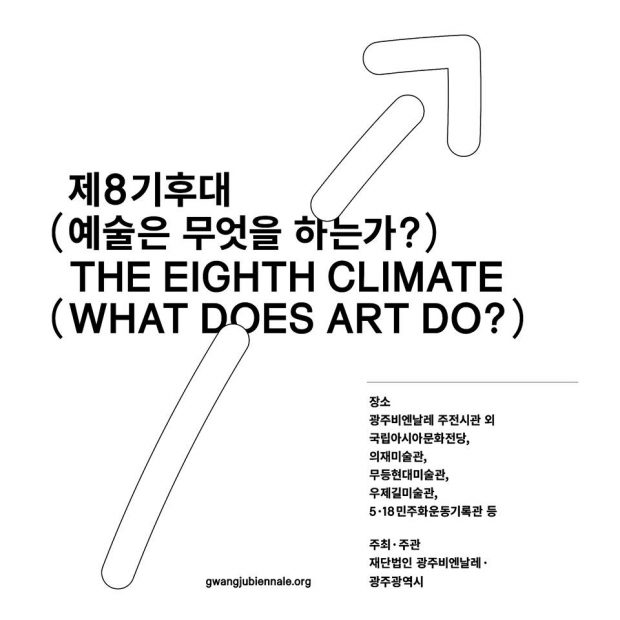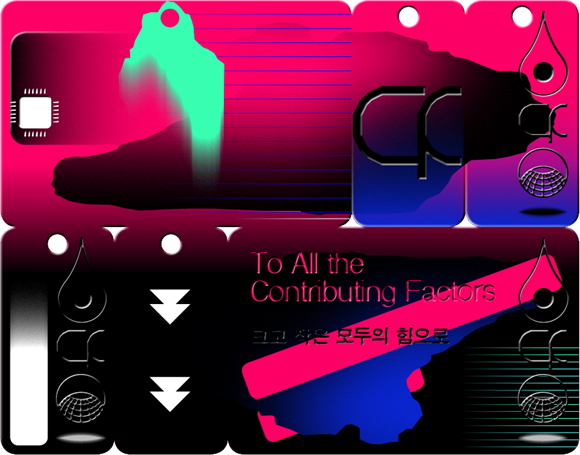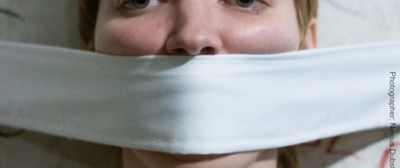11th Gwangju Biennale

![gb2016]()
Under the title
The Eighth Climate (What does art do?), and with Artistic Director Maria Lind from Sweden, the 11th Gwangju Biennale runs 2 September - 7 November 2016. A Forum will invite representatives from around 100 smaller arts organisations from around the world, the largest numbers from Asia and Europe, to connect the selected Biennale Fellows and recognise their contribution to the art world.
In light of the art sphere’s focus on infrastructure in many parts of the world, in the treacherous terrains of existing public and private systems, art itself seems to be partly forgotten. At GB11, attention is directed to artworks and projects addressing the agency of art in terms of the question, “what does art do?” A central part of this interest in the performative aspect of art is its projective and imaginative qualities—art’s active relationship to the future. Other concerns of GB11 include the mediation of art: art’s embeddedness in various contexts and the potential of connecting dots between already existing activities and people near and far.
The “eighth climate” of the exhibition’s title refers to a state one might reach using imaginative capacities. The notion of the eighth climate dates back to 12th century Persian mystic and philosopher Sohravardi, and was elaborated by 20th century French philosopher Henri Corbin. It is an addition to the seven physical climates of the earth identified by ancient Greek geographers. Unlike the seven earthly climates, the eighth climate is not based on a separation of matter and spirit, history and myth; rather, it is ontologically real and has concrete effects.
The eighth climate might well resonate with global warming. However, in the context of GB11, the eighth climate helps us explore art’s capacity to say and do something about the future, without either being paralyzed by its prospects or defaulting to established technologies of prediction. The eighth climate evokes art as a seismograph, detecting change before other means of observation, whether the artists are conscious of it or not, allowing for slightly different—and perhaps ambiguous and conflictual perspectives on how art engages with what lies ahead of us. This neither implies art for art’s sake nor a utilitarian approach.
There is a dedicated website for the
8th Climate Gwangju Biennale with more information and reviews and links to the participating artists.
Alongside the main exhibition programme, an
Involvement Programme has selected around 100 Gwangju Biennale Fellows. Roughly one hundred small- and medium-scale art organizations whose work makes important contributions to the art of today are invited as the Biennale Fellows. While being “appointed” Biennale Fellows, they simply go on doing the great work they are engaged with in their own contexts—placing art center-stage there—without being concretely involved with the biennale in Gwangju. Distinct from bigger-scale art organizations such as museums, art fairs, and biennales, these organizations often function as the research and development department of the art world, generating new ideas and shaping new curatorial and educational methods. Above all, they actively support artists to experiment and cultivate their practices and nurture contact and conflict zones around themselves, including neighbors and various practitioners from other fields.
 Fellows are invited to the Gwangju Biennale Forum 'To All the Contributing Factors' on 2-4 September
Fellows are invited to the Gwangju Biennale Forum 'To All the Contributing Factors' on 2-4 September. GB Fellows from Asia and Europe include:
- Arts Initiative Tokyo (Tokyo), Artspace (Auckland), Artsonje Center (Seoul), Bétonsalon – Center for Art and Research (Paris), Britto Arts Trust (Dhaka), Bulegoa (Bilbao), CAMP (Mumbai), Careof (Milan), Casco – Office for Art, Design and Theory (Utrecht), CCA Glasgow (Glasgow), CCA Tallinn (Tallinn), Centro de Arte Dos de Mayo (Madrid), Chto Delat (What is to be done?)(St. Petersburg), Clark House Initiative (Mumbai), Council (Paris), Delfina Foundation (London), Disclab (Manila), Eastside Projects (Birmingham), Forum Lenteng (Jakarta), Galerie für Zeitgenössische Kunst (Leipzig), Grizedale Arts (Cumbria), Heem (Busan), Henie Onstad Kunstsenter (Oslo), If I Can’t Dance (Amsterdam), Institute of Modern Art (Brisbane), JUBILEE (Brussels), Khoj (Delhi), kim? Contemporary Art Centre (Riga), Konsthall C (Stockholm), KUNCI Cultural Studies Center (Yogyakarta), Kunsthal Aarhus (Aarhus), Kunsthalle Lissabon (Lisbon), Latvian Centre for Contemporary Art (Riga), Les Laboratoires d’Aubervilliers (Paris), Community Space Litmus (Ansan), Minatomachi Art Table (Nagoya), National Centre for Contemporary Arts (Ural), NTU CCA Singapore (Singapore), OCAT Shenzhen (Shenzhen), Office of Culture and Design (Manila), Open School East (London), P74 (Ljubljana), Para Site (Hong Kong), Pathshala South Asian Media Institute (Dhaka), Pro qm (Berlin), RAW Material Company (Dakar), ruangrupa (Jakarta), SA SA BASSAC (Phnom Penh), Savvy Contemporary (Berlin), Spring Workshop (Hong Kong), ST PAUL St Gallery (Auckland), Tensta konsthall (Tensta), The Common Guild (Glasgow), The Reading Room (Bangkok), The Showroom (London), Times Museum (Guangzhou), tranzit.hu (Budapest), Tranzit.cz (Prague), Vitamin Creative Space (Guangzhou), What, How & for Whom / WHW (Zagreb), Witte de With (Rotterdam), and Work on Work (Seoul).
Among the speakers are
Han Kang, novelist and the author of The
Vegetarian and Human Acts,among many others;
Hu Fang, poet and co-founder of Vitamin Creative Space;
Andrea Philips, art theorist and PARSE Professor of Art and Head of Research at the Valand Academy, University of Gothenburg; and
Shin JiYoung, researcher and the author of
Minority Commune.
Read more about Gwangju Biennale
on Universes-in-Universe
Images: [lower] Image by Metahaven, participants in the 11th Gwangju Biennale.

 Fellows are invited to the Gwangju Biennale Forum 'To All the Contributing Factors' on 2-4 September. GB Fellows from Asia and Europe include:
Fellows are invited to the Gwangju Biennale Forum 'To All the Contributing Factors' on 2-4 September. GB Fellows from Asia and Europe include:





